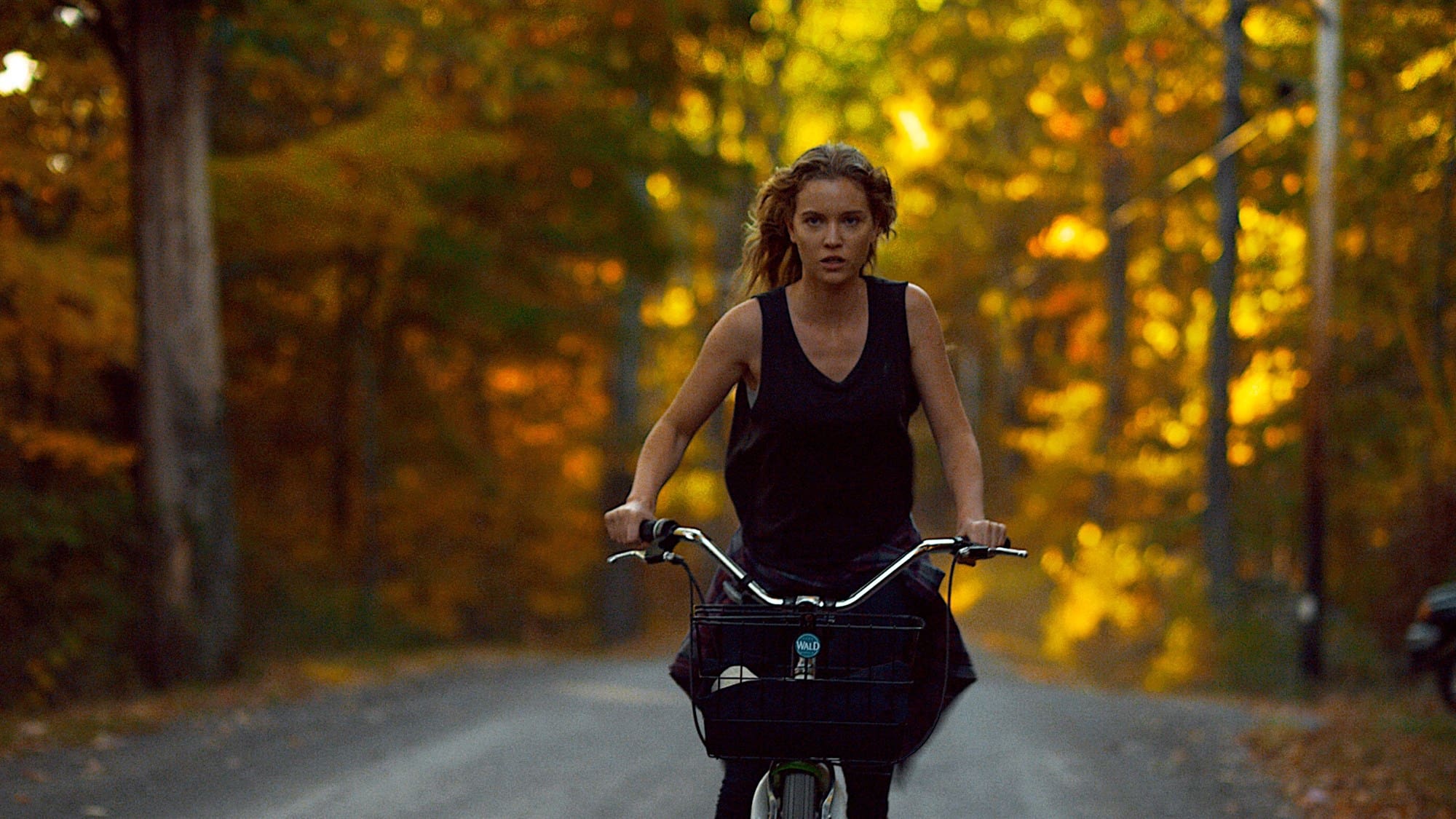 Photo Courtesy Brigade Marketing
Photo Courtesy Brigade MarketingIt’s been a weird couple of years for women. One the one hand, in the wake of the 2016 election and #MeToo, it feels like women haven’t been as committed to dismantling the patriarchy since the ‘70s. On the other, with every advancement in equal rights or shift in the conversation, there’s a new law or cultural conversation in which it feels like nothing is changing at all. It can be a maddening and even the most determined women are feeling the fatigue of constantly fighting to make the smallest gains. #Like, the new film written and directed by Sarah Pirozek, which premiers at the Brooklyn Film Festival this evening, tries to grapple with that constant cycling through anger, sadness and exhaustion.
She does that through Rosie (Sarah Rich in her screen début), a teenage girl coming to terms with the death of her younger sister, Amelia, by seeking out the man who caused it. Though we don’t learn until the film is nearly over exactly what that man caused Amelia to do, what initially makes the film so engrossing is the way Pirozek forces us to piece the story together in tandem with Rosie.
We gather that the loss must have been unexpected and traumatic from the fact Rosie seems unsurprised when she finds her mother crying alone in the car, or the way Rosie’s guilt and sadness seemingly drive her obsession with looking through Amelia’s Facebook profile and old YouTube videos. But it’s not until she screen grabs a slut-shaming post on Amelia’s wall and saves it in a folder marked “Evidence” that we realize how committed she is to avenging her sister’s death. That determination eventually leads her to zero in on a character only known as “The Man” (Marc Menchaca) who she sees taking pictures of children in a park and who fits all the characteristics of the man she suspects of harassing her sister.
As we watch Rosie follow The Man, we worry for her not just because what she’s doing is so risky, but because she feels like a real girl rather than some amateur detective. In large part, that seems due to Pirozek’s apparent gift in directing her cast. Not only is she working with kids here, but much of the cast is made of non-actors, but by giving her characters dialogue that feels like something real teens would say, Rosie and her friends end up feeling like real teens too. They make good-natured jokes at each other’s expenses, they smoke pot and drink while Rosie’s mother is out of town, they talk about boys and cheerleading practice. They also constantly talk about the adversity women face in a patriarchal system.
Young women are perhaps more steeped in the language of feminism than the previous generation, but the more the girls talk about patriarchy, the less organic it feels and the more it feels as if Pirozek is getting too overt with her messaging. While that wouldn’t necessarily be an issue given the narrative Pirozek uses to explore her ideas, it eventually gets in the way of the believable characterization Pirozek spends so much of the film cultivating.
It’s perhaps best not to spoil exactly where the film goes, but suffice to say that Rosie quickly shifts from following The Man to confronting him. However, rather than accuse him outright, Rosie is bizarrely circumspect considering the extreme measures she’s willing to take to get this suspected pedophile in a vulnerable position. Perhaps the best example is a scene where she tells The Man she’s going to ask him a series of 10 questions. “Do you think girls are just as smart as guys,” she asks, “Do you think a girl should have to ask her boyfriend or husband permission to do anything or go anywhere?” Though the questions tie into Pirozek’s larger point about the danger and paranoia women constantly feel, it simply doesn’t make sense on a pure narrative level. Unfortunately, that carries through to the film’s ending as well.
That said, while some viewers will want a clearer and more decisive finish for the teenage revenge fantasy Pirozek sets up, leaving the audience with a sense of dissatisfaction is part of what makes #Like so hard to shake. There is catharsis in seeing bad men punished for treating women poorly, but when misogyny is so pervasive in a society, revenge or even plain old justice doesn’t always feel like enough. No matter what Rosie does, Amelia is dead and the world is still filled with dangerous men. It’s a disquieting tone to end on, but in this case, truth is more important than easy resolution.
#Like premieres tonight at the Brooklyn Film Festival.

